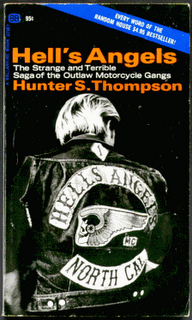Didn't he know that words carry colors and sounds into the flesh?
Anais Nin wrote what was eventually published as Delta of Venus for $1 a page. The pages were purchased by a wealthy patron never known to Nin. She was repeatedly chastised by the patron for being too poetic and directed to "leave out the poetry and descriptions of anything but sex. Concentrate on sex." These seem fairly simpl requests and some that undoubtedly could be and are met by women writing today. But, for Nin, it was impossible to separate sex from poetry, from emotion, from art. The sex she writes about is at times savage, unequal, and base, but never detached. There is always emotional presence, consciousness, desire, enjoyment, and fulfillment. The perspective is also undeniably female. She creates a uniquely female sexual/sensual voice that is at once at odds with even modern gender sensibilities and extremely comforting. Considering the nature of the project, the merit in these stories lies in Nin's expression, despite her patron's instructions and perhaps against her own attempts at supression, of the emotional and psychological life behind sex and intimacy for women.

She was raised on a pedestal of poetry so that her falling into the final embrace might seem more of a miracle.
You and I exist together in all delirious countries of the sexual world. You draw me into the marvelous. Your smile keeps a mesmeric flow.
She was a magnetic center for the world of women who considered themselves condemned by their vice.
Her cravings were vague, poetic.
Women were not as tolerant as men towards women who made themselves small and weak by calculation, thinking to inspire active love.
